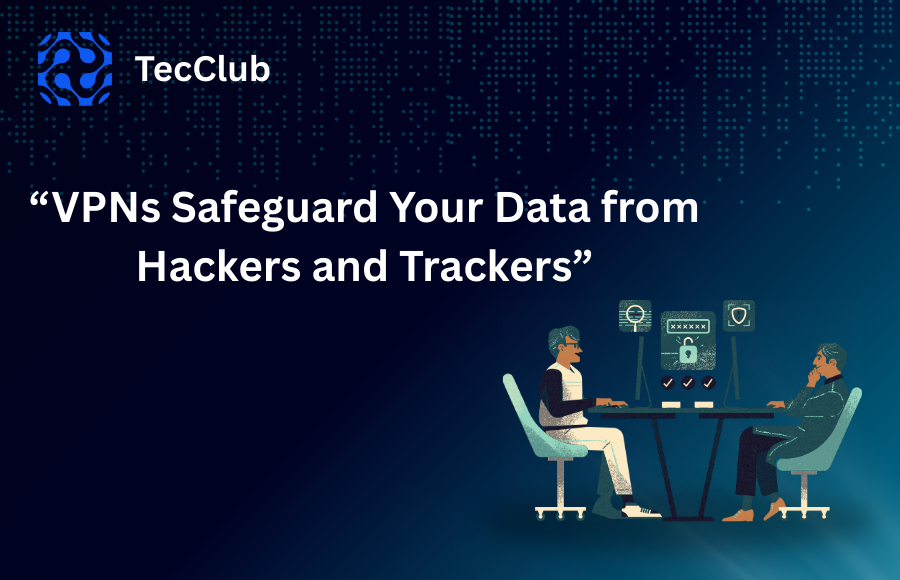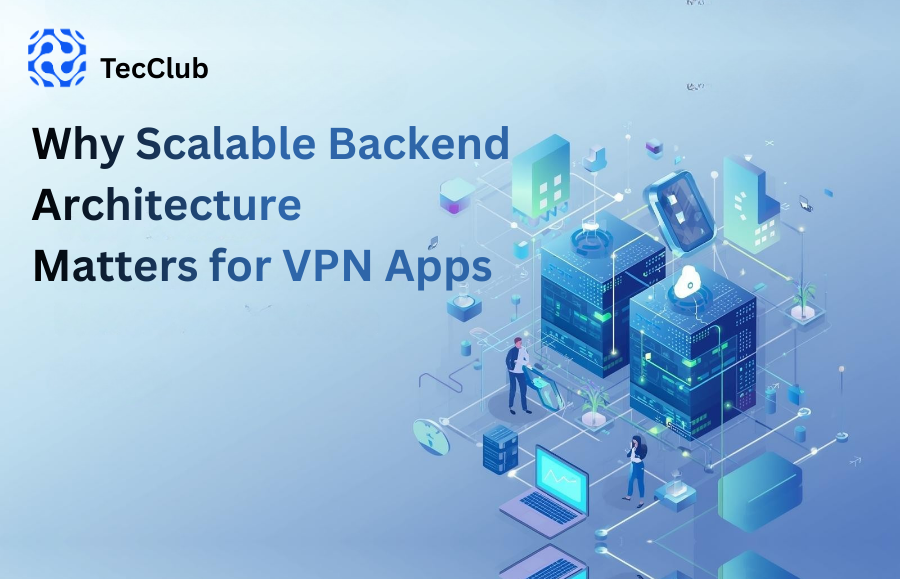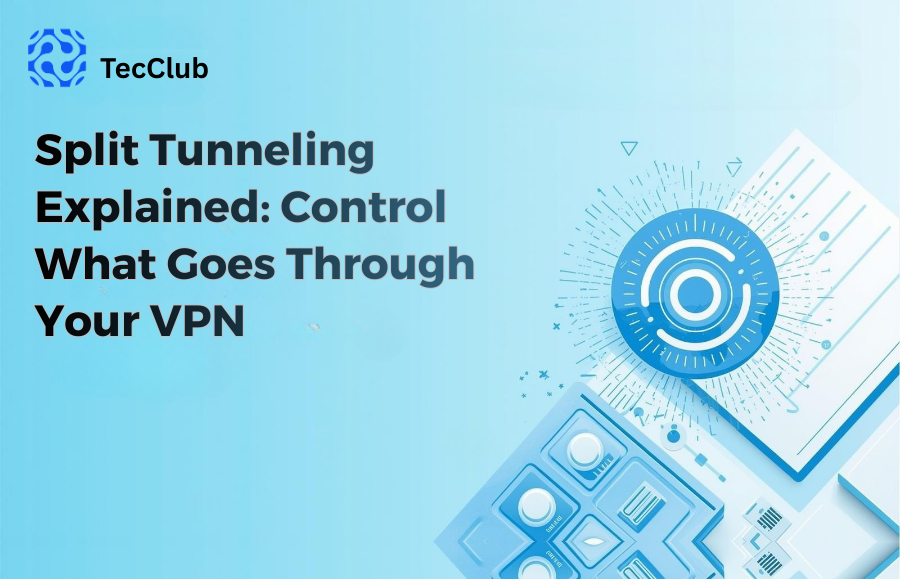
Every time you go online, your personal and business data leaves a digital footprint. Hackers, advertisers, and even internet service providers (ISPs) can monitor, track, and exploit your online activities. From stealing sensitive information to selling browsing histories, the risks are everywhere.
This is where a Virtual Private Network (VPN) comes in. A VPN encrypts your connection and hides your identity, creating a secure tunnel that shields your information from cybercriminals and prying eyes. For individuals and businesses alike, VPNs are now an essential layer of cybersecurity.

Hackers and data trackers often exploit unsecured connections and weak networks. Some common risks include:
Public Wi-Fi threats → Hackers can intercept traffic in airports, cafés, or hotels.
Data tracking → Advertisers and ISPs collect browsing history for profiling and ad targeting.
Credential theft → Cybercriminals steal usernames, passwords, and banking details.
Corporate espionage → Competitors or malicious actors may attempt to access confidential business data.
Without encryption, your online activity is essentially an open book.
VPNs use protocols like AES-256 and WireGuard to lock your data, making it unreadable to hackers.
Instead of exposing your real IP, VPNs route traffic through secure servers, hiding your location and identity.
VPNs protect you from Man-in-the-Middle attacks, common in public networks where hackers try to intercept your data.
By blocking ISP surveillance and advertiser tracking, VPNs give you control over your privacy.
For businesses, VPNs secure employee access to internal systems, ensuring sensitive files are protected from breaches.

NordVPN, ExpressVPN, Surfshark →
Average: $8–$12 per month per user (cheaper with yearly plans, as low as $3–$5/month).
NordLayer, Perimeter 81, Twingate →
Around $8–$11 per user/month for small teams.
Enterprise solutions are custom-quoted based on user count and features.
Small teams (5–10 users) → $100–$350/month
Medium teams (25–50 users) → $500–$850/month
Large organizations (100+ users) → $1,000+ per month
Software: Free or low-cost
Server hosting: ~$5–$50/month per server
Best for startups or tech-savvy teams that want control without recurring SaaS fees
| VPN Type | Typical Cost | Best For |
|---|---|---|
| Consumer VPN | $8–$12/user/month | Individuals, freelancers |
| Business VPN SaaS | $8–$11/user/month | Small–mid teams, remote work |
| Cloud Enterprise VPN | $100–$1,000+/month | Medium to large enterprises |
| Self-Hosted VPN | $5–$50/month (server) | Startups, developers, IT teams |
In a digital-first world, where hackers hunt vulnerabilities and trackers monetize personal data, VPNs stand as a cost-effective and powerful defense. Whether you’re an individual protecting your browsing activity or a business securing confidential operations, investing in a VPN pays dividends in privacy, security, and trust.
At TecClub Technology, we help individuals and enterprises choose and implement VPN solutions that fit their needs—balancing cost, performance, and protection.

